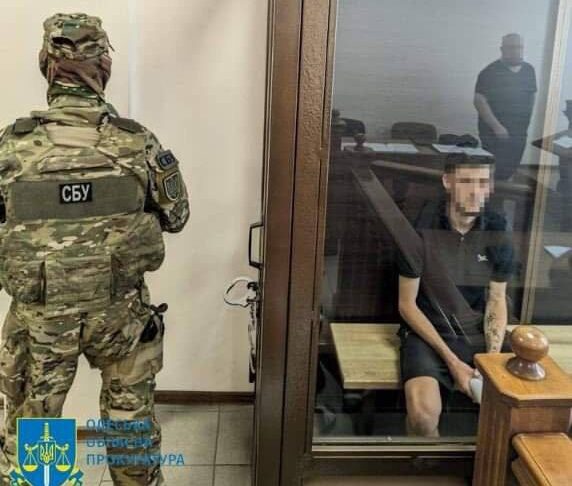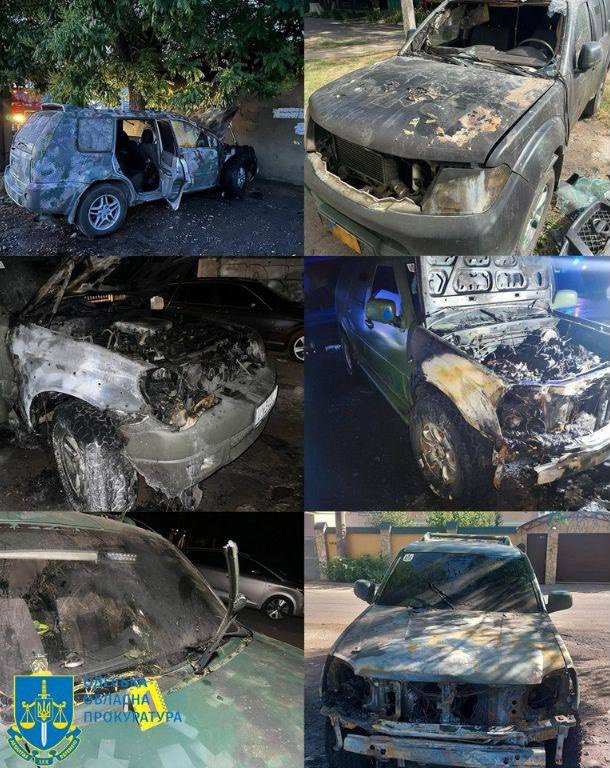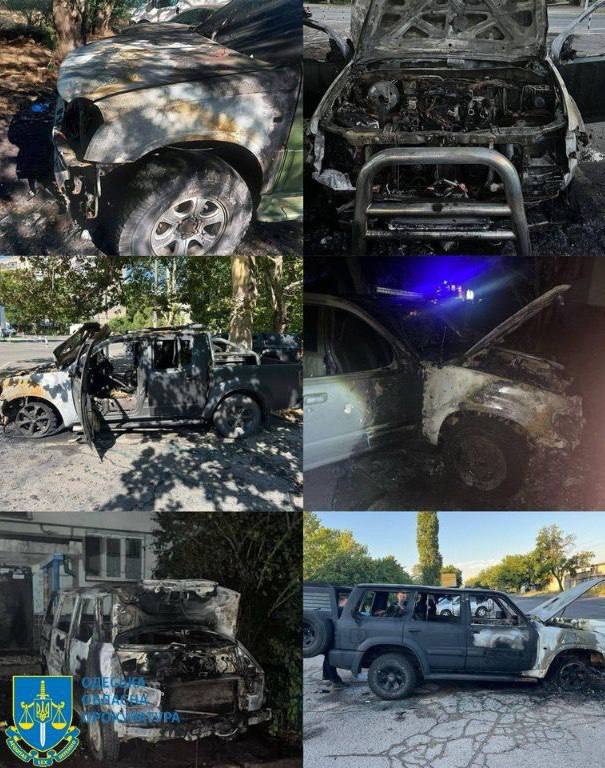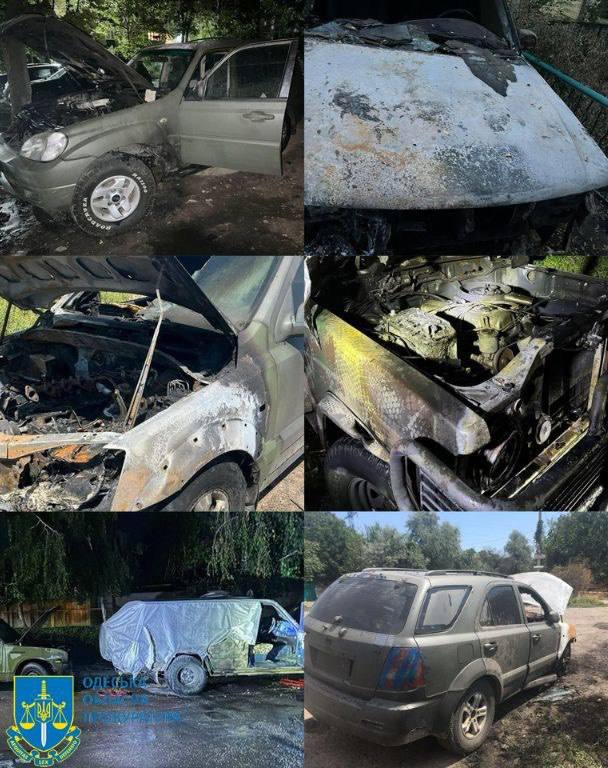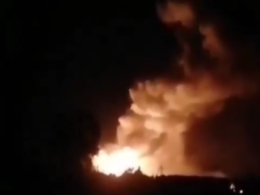Six residents of Odesa have been accused of burning 15 military vehicles at the behest of Russian intelligence services, according to the Office of the Prosecutor General (GPU), the Security Service of Ukraine (SBU), and the National Police
. The suspects, aged between 18 and 23, allegedly received instructions and payments through a Telegram channel from Russia's representative.
The GPU reported that the suspects were charged with obstructing the lawful activities of the Armed Forces of Ukraine and have been remanded in custody without bail. They face up to eight years in prison if convicted.
The investigation revealed that the suspects allegedly agreed to set fire to cars belonging to the military in Odesa in exchange for payment. They reportedly coordinated the locations and targets with their Russian contact, who promised substantial rewards but actually paid them between 5,000 and 8,000 UAH per vehicle ($121-195).
Suspected Russian saboteur faces life imprisonment for railway plot in Kyiv
The SBU says that the suspects, working as delivery couriers, were recruited through Telegram channels where they had posted their "résumés" seeking easy money. During the crimes, they typically operated in pairs, with one person setting the fire and the other recording it on video to send to their Russian contact as proof of completion.
Throughout June and July, the suspects allegedly burned 15 military vehicles. Law enforcement officers seized mobile phones, incendiary bottles, and bank cards used to receive payments during searches of the suspects' homes.
Related:
- Suspected Russian saboteur faces life imprisonment for railway plot in Kyiv
- Russian GRU’s sabotage recruitment in Baltics exposed by journalists
- Ukraine intensifying countermeasures against Russian sabotage and reconnaissance groups in Kharkiv Oblast
- Kremlin intensifies sabotage and propaganda in the West ahead of EU elections
- Ukrainian underground destroys Russian satellite communication station in Moscow region
- NYT: Russia conducts sabotage operations across Europe to undermine support for Ukraine

